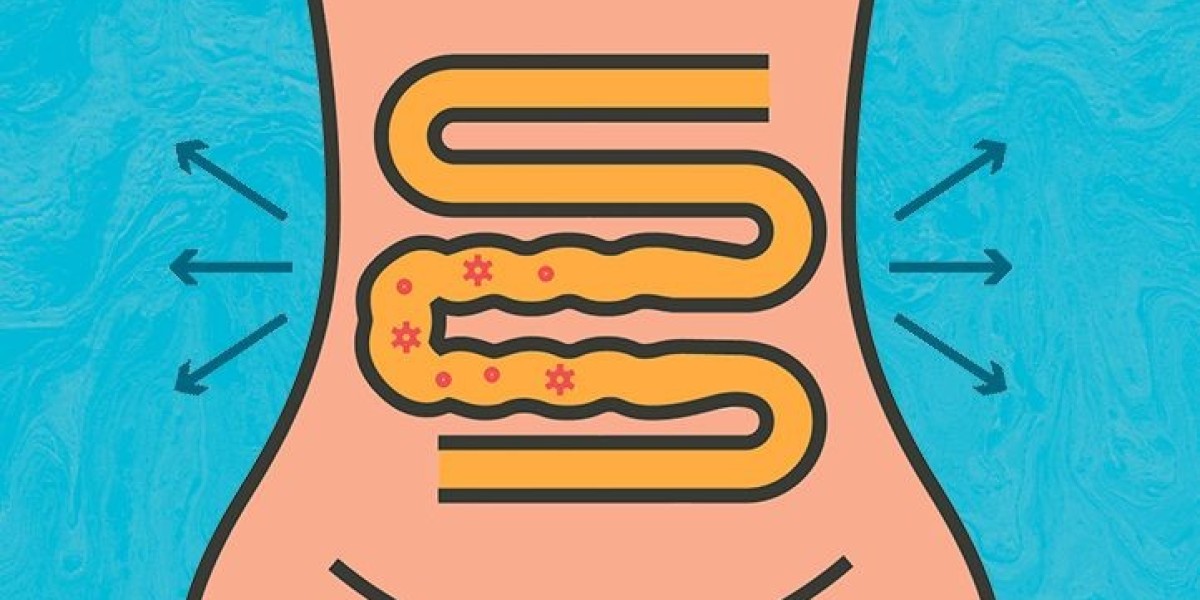Dealing with loose watery bowel movements, often referred to as diarrhea, can be uncomfortable and disruptive. It is essential to understand the causes and proper treatments to manage it effectively. In this article, we will discuss ways to fight diarrhea, the role of medications like Nizonide 500 mg, dietary adjustments, home remedies, and general precautions.
Understanding Loose Watery Bowel Movements
Diarrhea is characterized by frequent, loose, or watery stools. It is a common digestive issue that can last from a few hours to several days. There are various causes of diarrhea, including infections, food intolerances, medications, digestive disorders, and even stress. While diarrhea itself may not always be dangerous, severe or prolonged episodes can lead to dehydration and other health complications.
Causes of Diarrhea
Infections
Viral infections like norovirus or rotavirus, bacterial infections such as E. coli or Salmonella, and parasites like Giardia can cause diarrhea. Food or water contaminated with pathogens is a common source.
Medications
Certain antibiotics, including those used to treat bacterial infections, can disrupt the balance of gut flora, leading to diarrhea. This condition is often referred to as antibiotic-associated diarrhea.
Food Intolerances and Sensitivities
Lactose intolerance, gluten sensitivity, and other food intolerances can cause diarrhea after consuming certain foods.
Digestive Disorders
Chronic conditions such as Irritable Bowel Syndrome (IBS), Crohn’s disease, or Ulcerative Colitis can result in recurring bouts of diarrhea.
Stress and Anxiety
Psychological stress can affect digestion, sometimes resulting in diarrhea.
Managing Diarrhea
1. Hydration Is Key
Diarrhea can lead to significant fluid loss, which increases the risk of dehydration. Ensuring proper hydration is crucial. Drink plenty of water, clear broths, and oral rehydration solutions (ORS). ORS packets, available at most pharmacies, help replace lost electrolytes like sodium, potassium, and chloride.
2. Restoring Electrolyte Balance
Along with fluids, electrolytes are essential for the body’s functioning. Foods like bananas, rice, applesauce, and toast (the BRAT diet) help replenish nutrients without irritating the digestive system. Adding a pinch of salt and sugar to water can also help maintain electrolyte balance.
3. Avoid Trigger Foods
If you are experiencing diarrhea, certain foods may exacerbate the condition. Fatty, greasy, or fried foods should be avoided. Similarly, high-fiber foods, spicy meals, and dairy products can worsen diarrhea, especially if caused by food intolerances.
4. Medications for Diarrhea
Depending on the cause, medications may be necessary to control diarrhea. For example
Anti-diarrheal Medications
Over-the-counter medications like loperamide (Imodium) slow down intestinal movements and reduce the frequency of bowel movements.
Probiotics
These supplements introduce beneficial bacteria into your gut, restoring balance and potentially shortening the duration of diarrhea, especially if antibiotics are the cause.
Nizonide 500 mg
Nizonide contains nitazoxanide, which is an antiparasitic and antiviral medication. It is commonly used for treating diarrhea caused by protozoal infections like Giardia lamblia or Cryptosporidium parvum. The nizonide 500mg works by inhibiting the growth of protozoa that can lead to loose stools. It is especially useful in cases where diarrhea is caused by waterborne parasites. A healthcare provider should determine the proper dosage based on the underlying cause.
How Nizonide 500 mg Works
Nitazoxanide in Nizonide 500 mg interferes with the energy production process of the parasites that cause diarrhea. By disrupting their metabolic pathways, it halts their growth and reproduction. Nizonide is generally well-tolerated, but side effects such as nausea, vomiting, and abdominal pain may occur. Always follow your doctor’s instructions when using this medication.
5. Natural Remedies
Yogurt and Probiotics
Yogurt contains live bacteria, which may help restore the balance of gut flora disrupted by diarrhea. Probiotics in supplement form also support gut health.
Ginger Tea
Ginger has natural anti-inflammatory properties and can ease digestive upset. Drinking ginger tea may help reduce diarrhea symptoms.
Chamomile Tea
Chamomile tea is known for its soothing properties and can help calm an irritated digestive tract.
BRAT Diet
As mentioned, the BRAT diet (bananas, rice, applesauce, toast) is often recommended to manage diarrhea. These foods are gentle on the digestive system, helping to firm up stools.
6. Preventing Diarrhea
Preventing diarrhea involves avoiding its common causes
Maintain Proper Hygiene
Wash your hands thoroughly before meals and after using the bathroom to prevent the spread of infectious agents.
Avoid Contaminated Food and Water
Always ensure that the water you drink is clean and safe. Avoid street food or unwashed produce, especially when traveling in areas prone to waterborne diseases.
Food Safety
Ensure food is cooked to the right temperature, especially meats. Refrigerate perishable items and avoid eating food that has been left out for long periods.
7. When to See a Doctor
While most cases of diarrhea resolve on their own within a few days, there are times when medical attention is required. Seek professional care if:
- Diarrhea persists for more than two days in adults or one day in children.
- You experience severe abdominal pain or cramping.
- There is blood or mucus in your stool.
- You have signs of dehydration (dry mouth, excessive thirst, little or no urination, dizziness).
- Diarrhea occurs along with a high fever (over 101°F or 38.3°C).
- In such cases, a doctor may prescribe treatments like Nizonide 500 mg if parasitic infections are suspected.
Final Thoughts
Managing loose watery bowel movements requires a combination of hydration, proper dietary adjustments, and in some cases, medications like Nizonide 500 mg. While most episodes of diarrhea will clear up with time, it’s essential to address the root cause, whether it be an infection, food intolerance, or stress. Taking preventive measures such as practicing good hygiene and avoiding unsafe food and water sources can also reduce the risk of future occurrences.
If symptoms persist or worsen, it's crucial to consult a healthcare professional for an accurate diagnosis and appropriate treatment plan. Diarrhea may seem like a minor inconvenience, but left unchecked, it can lead to dehydration and other health complications, making timely intervention necessary.



